- Despite a consistent campaign to discredit the former president, a new poll reveals he has gained popularity.
- A year on from the nuclear deal, ordinary Iranians see no tangible improvements in their daily lives, or in the economy.
- Those who enjoyed housing and subsidies under Ahmadinejad are willing to support him again — even if they claim to know how badly his policies damaged the economy.
- With no clear charismatic contender to oppose Rouhani, those fighting to drive him out might embrace Ahmadinejad in the 2017 election.
Former president Mahmoud Ahmadinejad has a lot of enemies in Iran, including former president and current head of the Expediency Council Akbar Hashemi Rafsanjani and even a number of prominent hardliners. These enemies have led a consistent campaign to make sure Ahmadinejad's negative legacy stays firmly positioned in the minds of the public. These enemies, with the help of a number of cooperative media outlets, depict him as an extremist, unruly, and irrational character. They present him as the man who plundered the public treasury, and who broke all records for embezzlement and corruption during his time in office, using a network of contacts and allies who were as corrupt as he was and who pushed agendas that delivered extensive damage to the country — and, they argue, the former president should be punished for this.
Some hardliners regard him as a traitor and blame him for squandering the social capital of the ideals and values of the Islamic Republic. Many cannot forgive him for his 2011 public display of defiance toward the supreme leader when, for 12 days, he confined himself to his home as a protest against Khamenei’s refusal to accept his decision to sack the intelligence minister.
But a new phone survey conducted by the Center for International Security Studies at the University of Maryland has found that 45 percent of Iranian respondents say that if the presidential elections were held today they would vote for current President Hasan Rouhani — yet 37 percent said that former President Mahmoud Ahmadinejad would be their choice for the job. In a similar survey last year, only 27 percent had said that they would vote for Ahmadinejad, compared to 53 percent for Rouhani.
This comes as very good news for those who support Ahmadinejad’s candidacy to run in 2017’s presidential election.
In the last three years, a number of Ahmadinejad’s government officials have been sent to jail on charges of corruption; many still await their trials. New corruption cases dating back to Ahmadinejad’s presidency are revealed almost every day. Speeches by President Rouhani and the Parliament Speaker Ali Larijani are peppered with anti-Ahmadinejad rhetoric, and comments against him regularly appear across social networking sites, particularly on Telegram channels.
Under such conditions, the important questions is not whether Ahmadinejad will run for president or whether the Guardian Council will approve his candidacy, but why his popularity has increased despite all the disclosures and negative propaganda.
So is Ahmadinejad gaining popularity? And if so, how has he done it?
1. Pregnant Silence?
Since his presidency ended in 2013, Ahmadinejad has remained in the spotlight — usually as the target of criticism. Media outlets with close links to Ahmadinejad have been shut down and a number of individuals working with pro-Ahmadinejad media have been either arrested or threatened with legal action. The former president has not been offered a chance to refute the charges on Iranian state-run radio and TV.
Instead, he has kept what appears to be a stoic silence, which has given him an aura of being abandoned and wronged. His silence has also fueled rumors that he is biding his time, waiting for the right time to vindicate himself — and the presidential debates might be that time.
2. Innocent Until....
Despite the extensive propaganda campaign against him, Ahmadinejad has yet to face any charges. Accusations against him remain only that: accusations. In fact, he is still working in politics. The supreme leader appointed him to the Expediency Council in 2013 after Rouhani became president. He receives invitations to receptions hosted by the supreme leader. Photographs of him smiling and greeting people during visits to Iran’s provinces are widely published and make for an effective backlash against the reams of reports about corruption and embezzlement. This has led to the assumption in some sections of society that claims against him are not credible — or even that the regime will not dare to try him.
3. Subsidizing Subsidies
President Rouhani’s government has made significant changes to two of Ahmadinejad’s legacies in particular: Cash subsidies and subsidized housing development.
Some people who had received cash subsidies under Ahmadinejad have found they are no longer entitled to them, while others have been encouraged to voluntarily stop taking these funds. There are frequent rumors of further subsidies being cut, and in general, the public has not responded well to the policy.
The government has also all but abandoned Ahmadinejad’s lavish and badly-managed Mehr Housing Project. The development promised to provide affordable housing for large numbers of people across the country, but toward the end of Ahmadinejad’s presidency it became clear that the housing scheme was not viable, and so poorly planned that it became one of the biggest drains on the Iranian economy. It has been described as one of the largest obstacles to Iran’s economic recovery. In a televised address given 100 days into his presidency, President Rouhani characterized Mehr as being one of the main factors behind Iran’s out-of-control inflation.
Those who did receive cash subsidies or became homeowners thanks to Mehr are certain to have good memories of Ahmadinejad’s time, and they just might be willing to vote for him again, even if they know how badly these policies wrecked the overall economy.
4. The Charisma Factor
The anti-Rouhani front lacks a prominent charismatic figure to present an alternative to the president. So for many, the only person who can offer himself as an alternative is Ahmadinejad. Over the last three years, he has organized a disciplined and loyal core of supporters. They may be limited in number, but they have successfully maintained his contacts and influence with grassroots networks. Senior officials who worked under him have remained generally loyal, and even though supporting Ahmadinejad has cost them politically, they have succeeded in gaining some sort of distinct and independent identity for themselves.
5. To Checkmate Rouhani?
There are also rumors that there is a strong political determination in the higher echelons of the Islamic Republic’s regime to make Rouhani a one-term president. And Ahmadinejad could play a key role here. Principalists — those politicians who insist they are remaining true to the original ideals of the Islamic Revolution — have a deep mistrust for Ahmadinejad, but the “one-term” rumors have been enough for Ahmadinejad to command a certain currency.
6. The Price of High Expectations
When the nuclear agreement was signed, expectations were extremely high among the Iranian public. A year on, there have been very few tangible benefits in people’s everyday lives, and this has led to anger among some of the electorate.
Rouhani’s administration has failed to set out any specific strategy for a post-deal Iranian economy. He hoped the psychological boost the deal afforded would be enough to boost the economy as well. But repeated comments from military commanders and the supreme leader neutralized any psychological benefit that might have ensued, and the United States’ continued resistance to easing banking sanctions has further increased frustrations. As a result, economic stagnation has continued. People do not feel that an end is in sight.
According to the University of Maryland’s survey, last year 63 percent of respondents expected the nuclear agreement to lead to tangible positive results. But now, 74 percent say they can see no improvements. Last year, 43 percent “strongly supported” the agreement, but this year the number has fallen to 22 percent. In total, the percentage of those who support the agreement has fallen from 76 to 63 percent. There is a direct link between the 13 percent drop in support of the nuclear agreement and the eight percent drop in Rouhani’s popularity.
The Scenarios...
So what could actually happen if the situation continues as it is now, and Ahmadinejad’s popularity continues to rise? At the moment, there is no evidence of support for Ahmadinejad among principalists or military leaders. Hardliners are divided. Even if these differences subside, there would be no real consensus to support him. He could, however, run as an independent candidate and either force himself on the principalists or coerce them into silence.
Of course, the Guardian Council could disqualify him from running. The judiciary could actually decide to try him. Still, a rise in popularity would mean an increase in the former president’s influence. In the 2013 presidential election, Hassan Rouhani did not win votes merely because of who he was or because he was the moderates’ candidate. He won because powerful figures including former presidents Akbar Hashemi Rafsanjani and Mohammad Khatami supported him. Rafsanjani in particular still commands considerable political influence throughout the country.
So could influential supporters turn Ahmadinejad into a serious competitor for Rouhani in 2017? In 2013, Ahmadinejad supported the presidential aspirations of his close ally Esfandiar Rahim Mashaei — but the Guardian Council disqualified him. This time around he can either choose another ally to support and appear next to him on television, a sort of proxy candidate, or run himself. In 2013, it was claimed that Ahmadinejad had said that if Mashaei was elected president, he would be ready to serve as his vice president. This could happen again, and though Iran might not see Ahmadinejad back in the top job, he could wield considerable power once again.










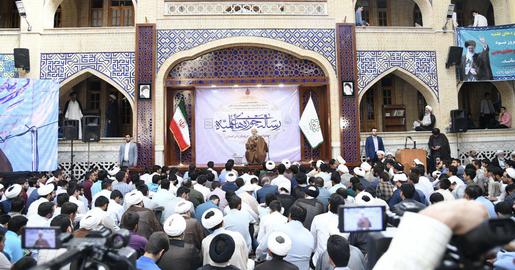


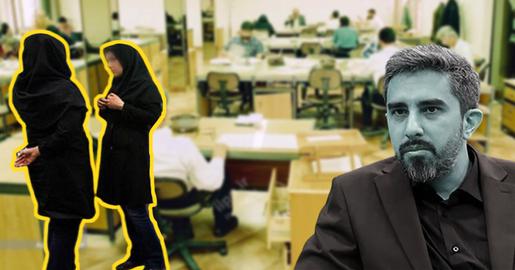


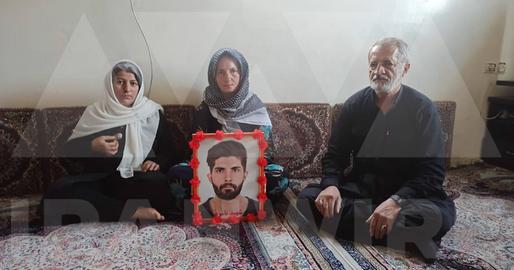



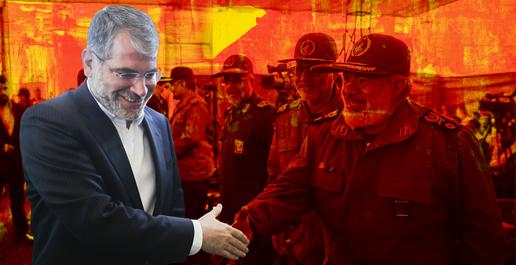
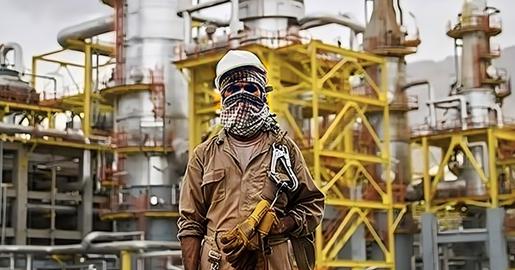
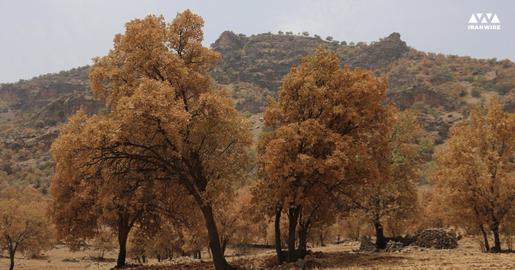
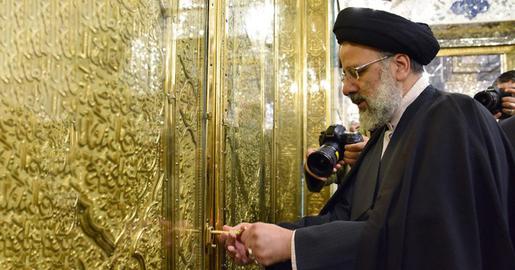

comments